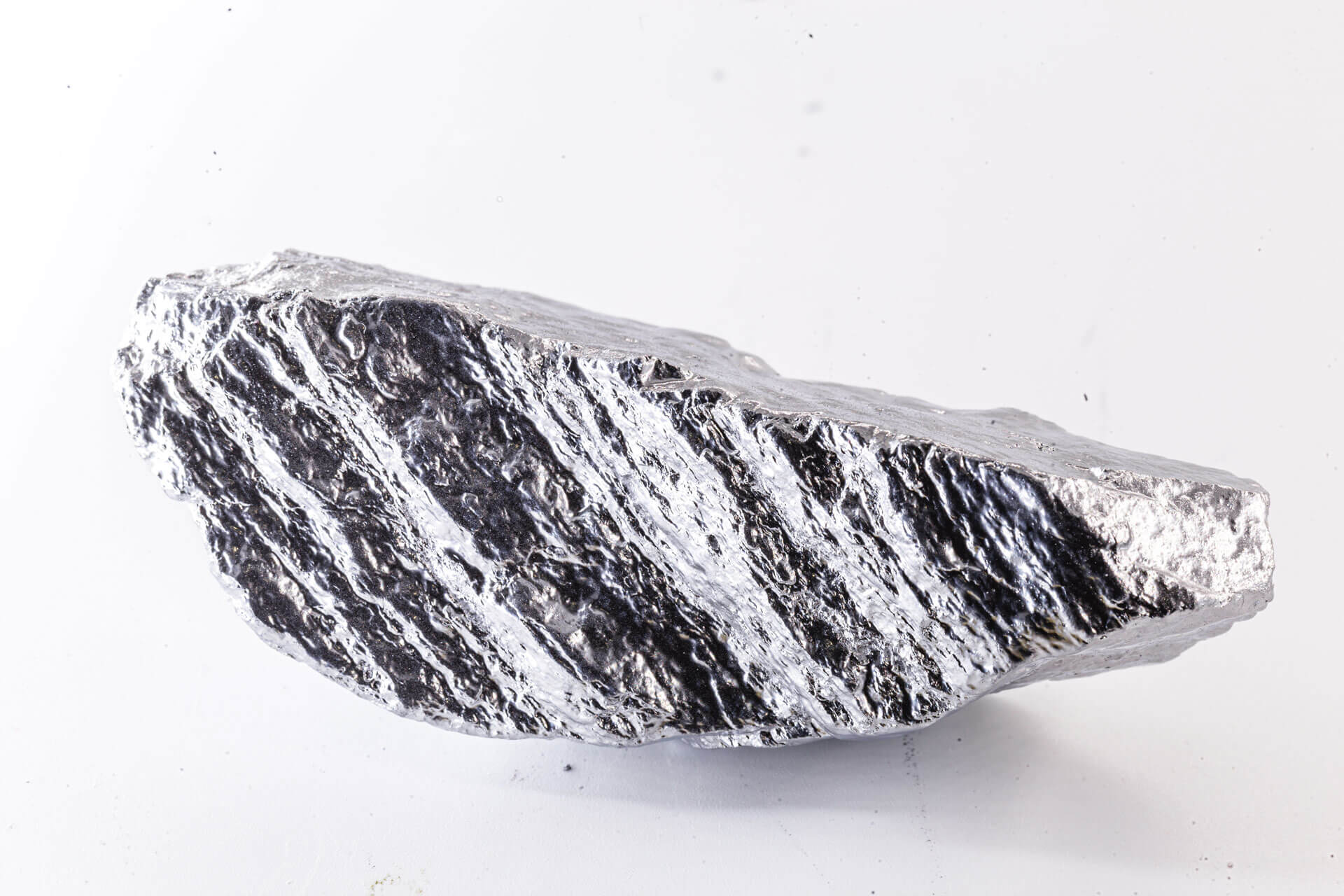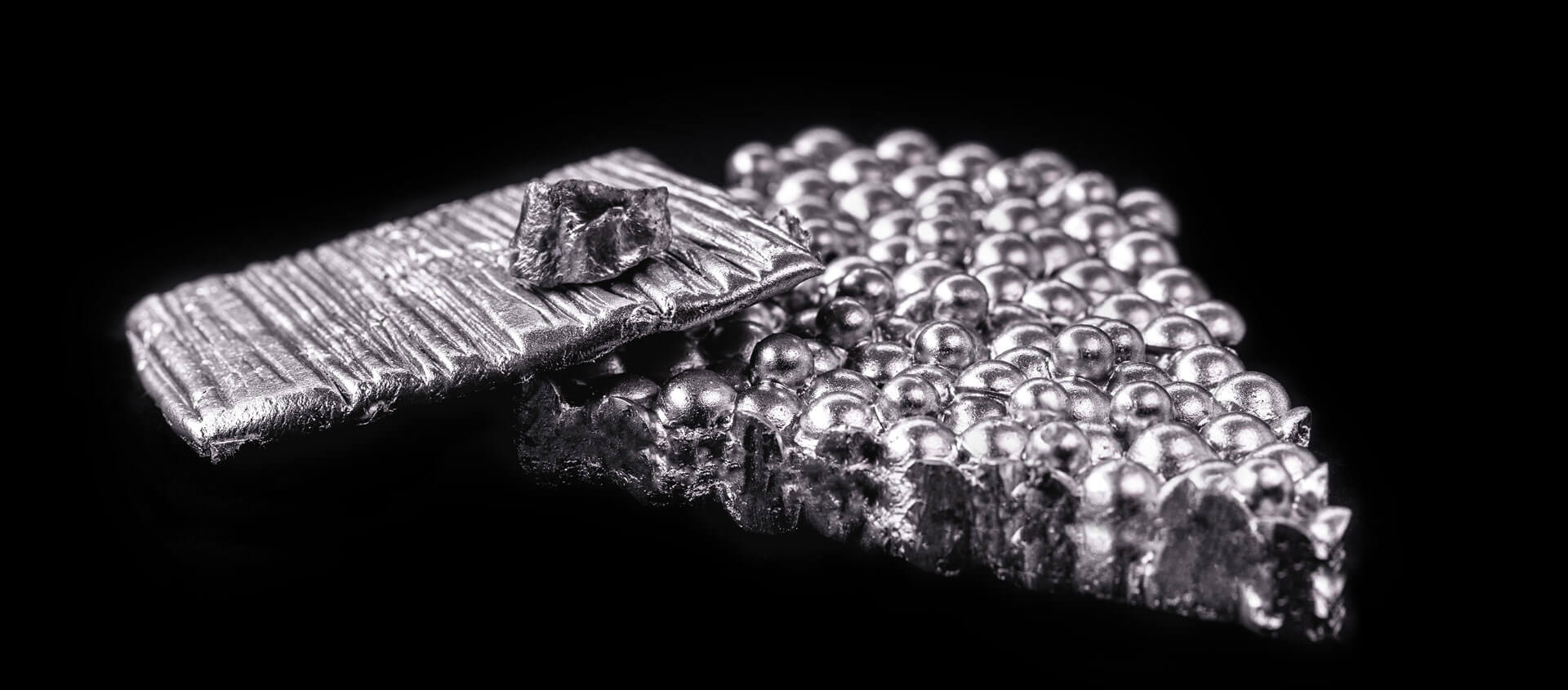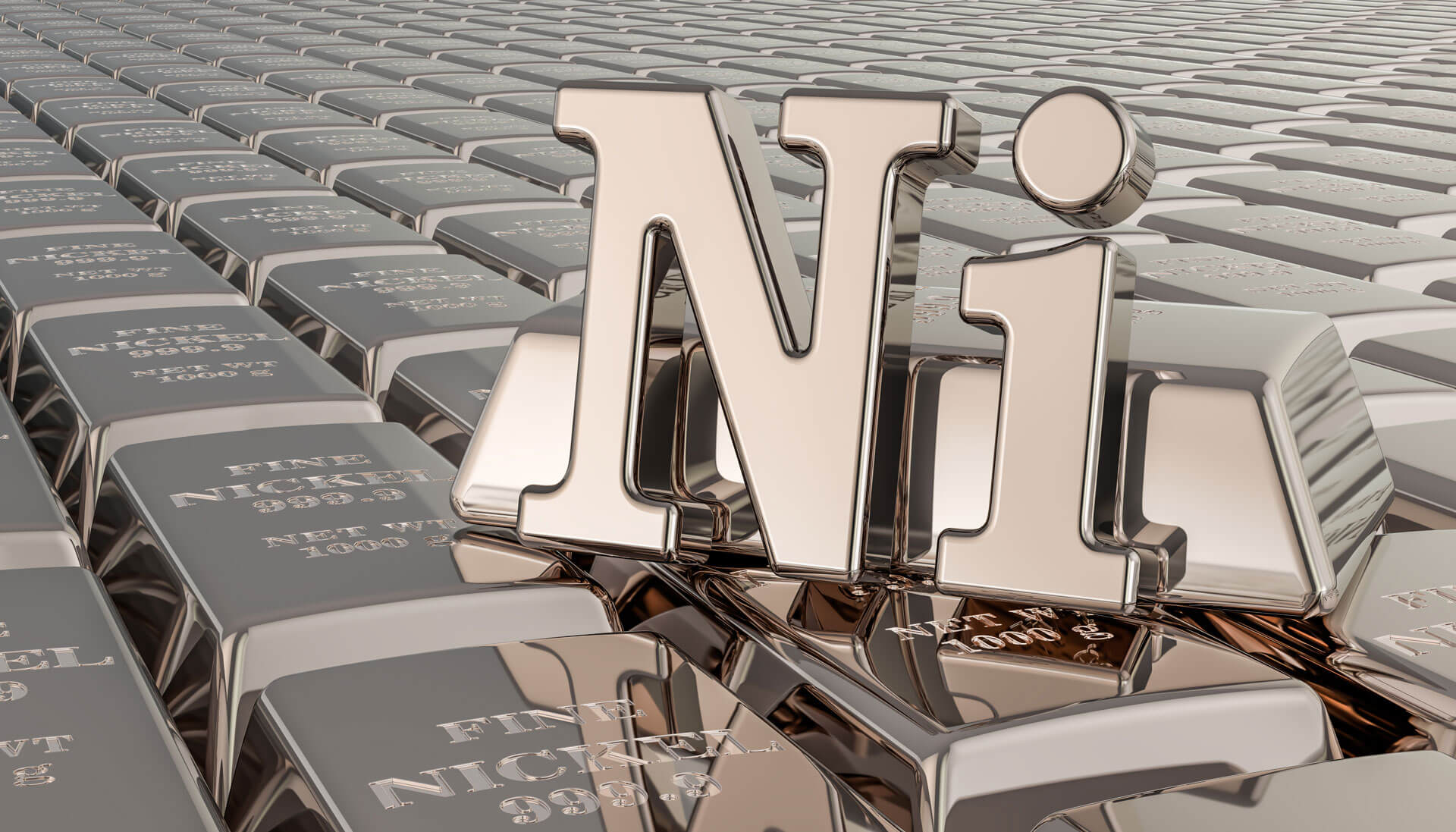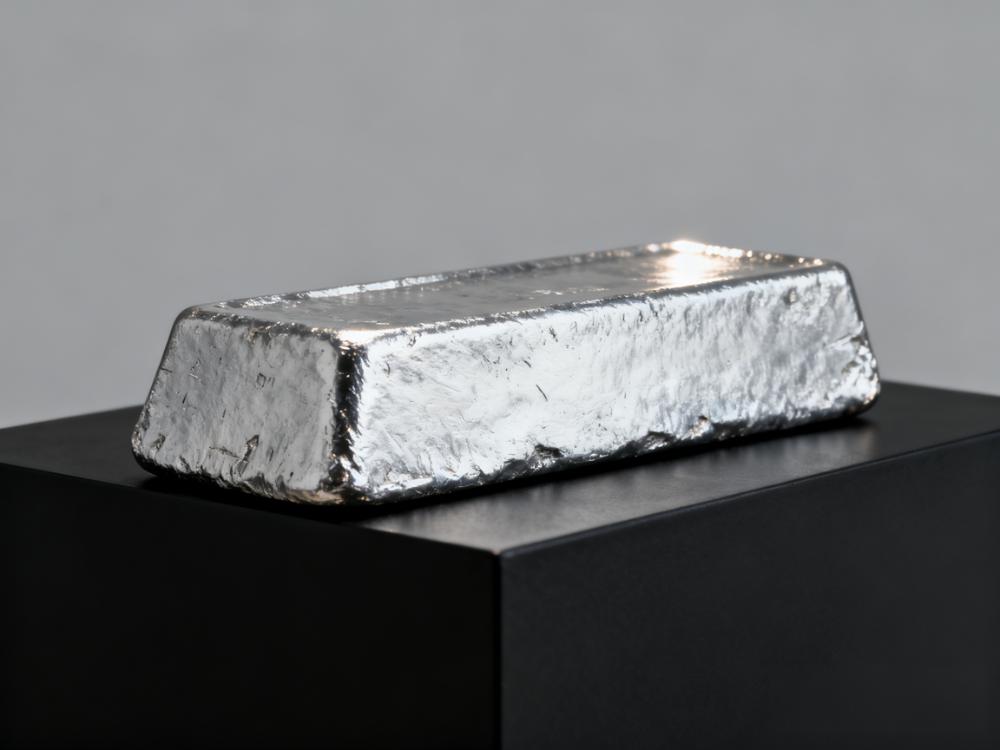In the new energy car track, the commercialization of solid-state batteries seems to be close at hand.
"the high energy density battery based on in-situ solid state will achieve mass production of 2GWh by the end of next year." Li Hong, a researcher at the Institute of Physics of the Chinese Academy of Sciences, recently revealed the development goal of Weilan New Energy. "the single energy density of this battery can reach 350 Whhand kg, supporting a range of 1000 kilometers."
Although Li Hong said that the "in-situ solid-state battery" that is about to be loaded in bulk is still a semi-solid battery, its properties of high safety and high energy density still make the industry full of expectations for the semi-solid battery, a transitional product between liquid lithium battery and solid-state battery.
"not only Wei Lan, but also several companies will achieve mass production of GWh (semi-solid state batteries) next year." In the view of people in the industry, although next year may become the "first year" of large-scale commercialization of semi-solid-state batteries, but the real sense of solid-state battery is the direction of joint efforts of the industry, "if the medium-term (about 10 years) automotive all-solid-state battery technology will usher in a breakthrough and rapid development period, then it will become a winning weapon for electric vehicles to replace fuel vehicles."
The match for place is becoming more and more intense.
As one of the next generation power battery solutions, solid-state battery has been highly expected. Whether it is battery enterprises, traditional car companies, or new car-building forces, they have carried out a forward-looking layout in this field.
According to foreign media reports, the upcoming new BMW Executive saloon class (C-class / medium-sized) sedan will be based on BMW Neue Klasse electric vehicle platform, which will use similar battery technology to existing electric vehicles. In May, Ford and BMW said they were working with venture capital Volta Energy Technologies to lead a $130 million round of investment in solid-state battery startup Solid Power. According to the plan, BMW and Ford will purchase all-solid-state batteries from it in 2022 and test them on a test car.
"the reduction in cost means that solid-state batteries will achieve commercial applications, which will undoubtedly be an important milestone in the development of electric vehicles." Bloomberg predicts that the number of electric vehicles with solid-state batteries will increase 37-fold between 2028 and 2035, while the cost of solid-state batteries will fall to $40 / KWh, or less than liquid batteries. "therefore, various car companies begin to hear the wind and want to seize the opportunity in the field of solid-state batteries and achieve mass production as soon as possible."
No car company can resist the temptation of lower cost, higher safety and 1000km + pure electric mileage. In July, Hyundai, which invested in Solid Power as early as 2018, invested $100m in US all-solid-state battery developer Solid Energy System (SES) to ensure the next generation of battery technology, while one of the investors in SES is General Motors, which means that two major Korean and American automakers are jointly developing next-generation batteries by investing in the same company. Volkswagen invested another $200m in Quantum Scape; last year. Renault-Nissan-Mitsubishi Alliance has already invested in Ionic Material.
Not only multinational car companies, in China, BAIC, SAIC and Guangzhou Auto have participated in multiple rounds of financing of Qingtao Energy, while FAW has participated in D-round financing of Huineng Technology.
According to the plans of major car companies, products with solid-state batteries are expected to be mass produced as early as 2022 at the earliest. In August 2020, Toyota obtained a license for an all-solid-state battery vehicle and conducted a test drive, and plans to launch a prototype vehicle with the solid-state battery in 2022. In January this year, Xilai released a 150kWh semi-solid battery package with a single energy density of 360Wh/kg, which is scheduled for delivery in the fourth quarter of 2022. Prior to this, Skyline, Aichi and Weilai have reached a partnership with Huineng Technology, and Skyline launched its first ME7 prototype with solid-state batteries in early 2019.
Commercialization will take time.
"although there is only an one-word difference between solid-state batteries and all-solid-state batteries, they are intriguing." Zhang Shichao, investment manager of Shaanxi International Trust Securities, said that solid-state batteries do not necessarily use solid-state electrolytes, but may be a mixture of solid and liquid, and different manufacturers have different mixing ratios. "at present, most of the solid-state batteries on the market are improved on the basis of the existing lithium battery technology, which, strictly speaking, should be 'quasi-solid-state batteries'."
Wang Rongjin, partner of Shanghai Jinbang Equity Investment Management Co., Ltd., told reporters that for new energy vehicles, solid-state batteries have not yet reached the stage of "sealing God". "at present, only the annual production of 1.3GWh, a maximum of 20, 000 vehicles, can only play a verification role. It has not yet been decided which technology will achieve the best results in the future. "
It is expected that the large-scale commercial use of [all-solid-state batteries] will be at least 10 years away. " Yang Zhao, a senior figure in the industry, believes that at present, the technological breakthrough of solid-state battery is not very big, and there is still a certain gap between all-solid-state battery and all-solid-state battery. "the application of solid-state batteries begins with the promotion of the consumer electronics market, from small to large layer-by-layer development, and finally to the large battery market such as electric vehicles."
In fact, most of the industry sets the loading time node of all-solid-state battery to 2025 and later. Hyundai and BMW plan to equip production cars with solid-state batteries by 2030; Volkswagen, which is basically in line with Toyota, believes that solid-state batteries, as the ultimate form of future vehicle power batteries, can be put into use after 2025; Honda also hopes to install solid-state batteries in mass-produced vehicles by 2025-2030.
"[solid-state batteries] have a limited impact on the technical routes of the existing power and energy storage battery industries." Insiders in the Ningde era analyzed to reporters that solid-state cells and hydrogen fuel cells have certain technical characteristics and advantages, but there are still unsolved technical problems and obstacles to industrialization, which are restricted by cost economy, performance indicators, and matching of the industrial chain. it will take a long time from the solution of technical problems and customer certification to industrial mass production, and there is still a certain distance from the realization of mature commercial application. "it will probably not be until 2030 that full solid-state batteries will be mass produced on a large scale."
Liang Rui, vice president of Xinwanda, expressed a view similar to that of the Ningde era. Liang Rui said that the current consensus in the industry is that the existing technology and equipment can be used in the gradual transition from liquid lithium-ion battery to semi-solid battery to all-solid state. "it is expected that all-solid-state batteries should be commercialized by 2030, perhaps between 2025 and 2030, which is a more realistic point of time." Liang Rui thinks.
According to the estimates of Bank of China International, the global demand for solid-state lithium batteries is expected to reach 1.7GWh, 44.2GWh and 494.9GWH respectively in 2020, 2025 and 2030, and the global solid-state battery market space is expected to reach more than 150 billion yuan in 2030.




